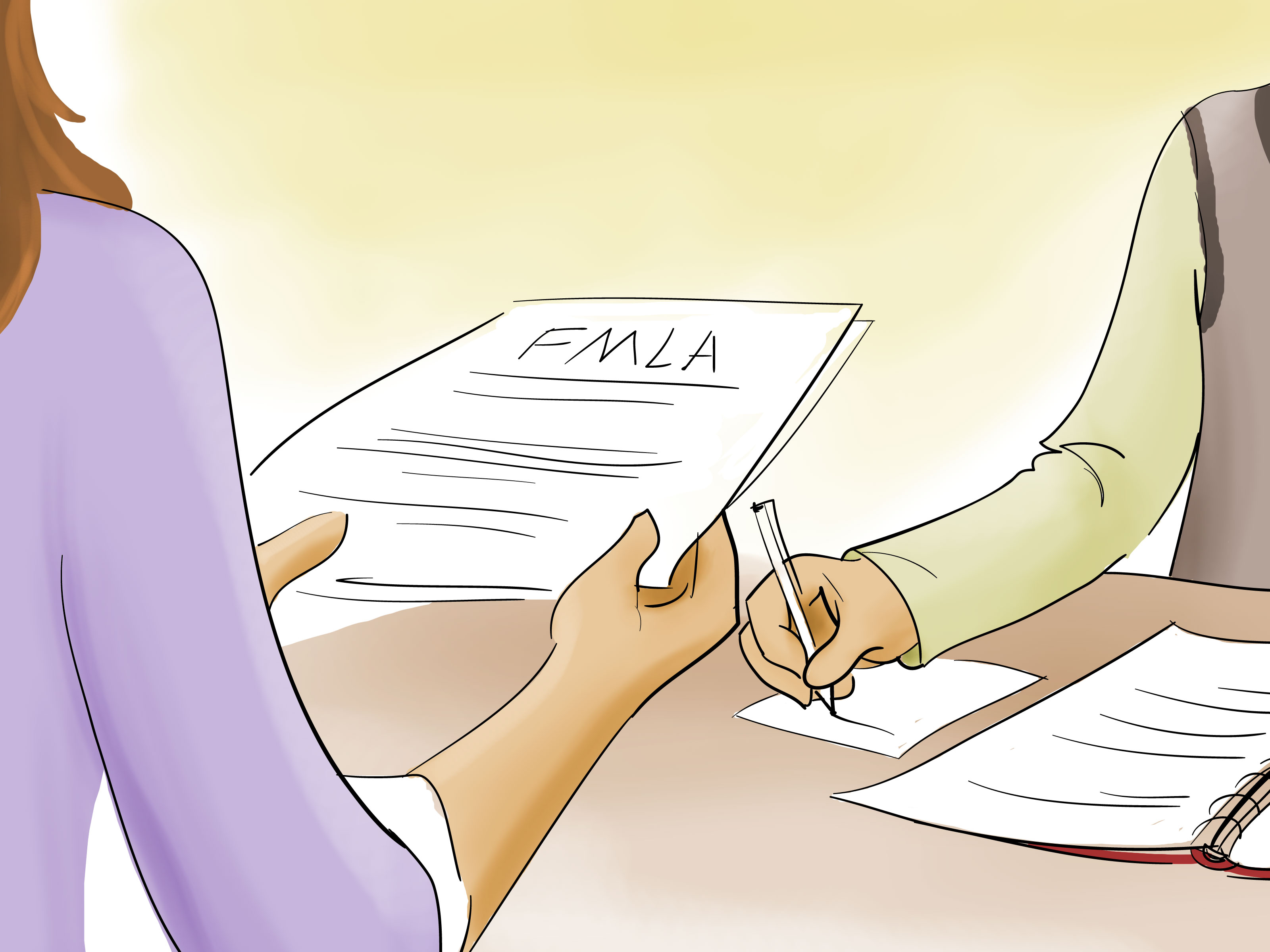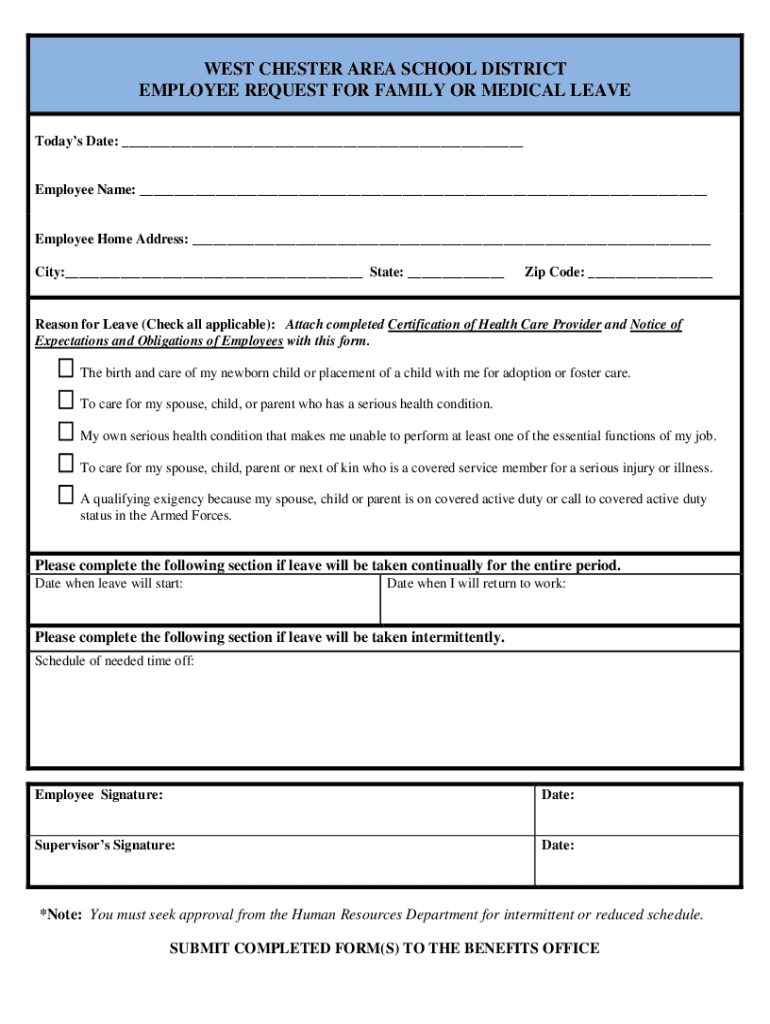5 Tips to Complete FMLA Paperwork for IBS

Dealing with Irritable Bowel Syndrome (IBS) can significantly disrupt your daily life, impacting everything from your diet to your work schedule. When symptoms flare up, taking time off work might become necessary, and this is where understanding and correctly filing your Family and Medical Leave Act (FMLA) paperwork becomes crucial. Here are five detailed tips to help you navigate through the FMLA process when dealing with IBS:
Understand Your Eligibility

- Employee Size: Ensure your employer has 50 or more employees within 75 miles of your worksite.
- Hours Worked: You must have worked for the company for at least 12 months and logged at least 1,250 hours over the past 12 months.
- Types of Leave: FMLA covers both continuous and intermittent leave which can be particularly useful for conditions like IBS where symptoms might come and go unpredictably.
Get Medical Documentation

Medical documentation is critical for your FMLA approval:
- Schedule an appointment with your gastroenterologist or primary care physician to discuss how IBS affects your work.
- Have your doctor fill out the Medical Certification Form (WH-380), detailing your condition, the necessity of the leave, and its expected duration.
- Your doctor should specify whether leave is needed for doctor visits, treatment, or because of incapacitation due to IBS.
✍ Note: Ensure that your doctor provides detailed information about your condition to avoid any unnecessary back-and-forth with HR or your employer.
Notify Your Employer

Once you have your medical documentation:
- Inform your HR department or supervisor about your need for leave. Be open about your condition to foster understanding and support.
- Follow your company’s procedure for FMLA request, which usually involves submitting the medical certification and filling out necessary forms.
- Track any communications, especially if you’re anticipating intermittent leave, to avoid misunderstandings or confusion later on.
| Documents to Submit | Description |
|---|---|
| Medical Certification Form (WH-380) | Form completed by your healthcare provider detailing the need for FMLA leave. |
| FMLA Leave Request | An internal company document or HR form to officially request the leave. |

Keep Detailed Records

Managing IBS and FMLA paperwork requires meticulous record-keeping:
- Log every instance where IBS impacts your ability to work, including dates, times, and effects.
- Save all communications with your employer regarding FMLA, along with any medical or diagnostic records.
- If taking intermittent leave, keep a detailed record of each leave taken to ensure you stay within the 12-week limit within a 12-month period.
Communicate Openly

The success of your FMLA application and the understanding of your colleagues can hinge on open communication:
- Discuss your condition with your team to help them understand your need for occasional time off.
- Be proactive in scheduling to minimize work disruption while managing your health needs.
- If possible, work with your manager to arrange flexible hours or work-from-home arrangements during flare-ups.
🎯 Note: Clear communication can foster a supportive work environment and can also reduce stress, which might help manage IBS symptoms.
Navigating FMLA paperwork for IBS involves understanding your eligibility, obtaining necessary medical documentation, notifying your employer, keeping detailed records, and fostering open communication. This process not only ensures you can legally take time off when needed but also helps maintain a professional relationship with your employer. Remember, managing a chronic condition like IBS can be challenging, but with the right legal support, it becomes much more manageable. By following these steps, you can protect both your health and your job, finding a balance that works for both your needs and your career.
What if my IBS symptoms are not considered serious enough by my doctor?

+
Your healthcare provider needs to determine if your IBS is considered a “serious health condition” as per FMLA guidelines. This typically means it incapacitates you for more than three consecutive days and requires ongoing treatment. If your symptoms do not meet this threshold, they might still qualify for intermittent leave if they flare up unpredictably and significantly impact your ability to work.
Can I use FMLA for IBS more than once?

+
Yes, you can use FMLA intermittently for IBS or chronic conditions, provided you don’t exceed the 12-week limit within a 12-month period. Documentation from your healthcare provider should clarify the need for such a leave pattern.
What if my employer does not approve my FMLA request?

+
If your FMLA request is denied, you have the right to appeal. First, ensure all documentation is complete and accurate. Then, contact the Department of Labor’s Wage and Hour Division or consider legal counsel to help understand and assert your rights under FMLA.



